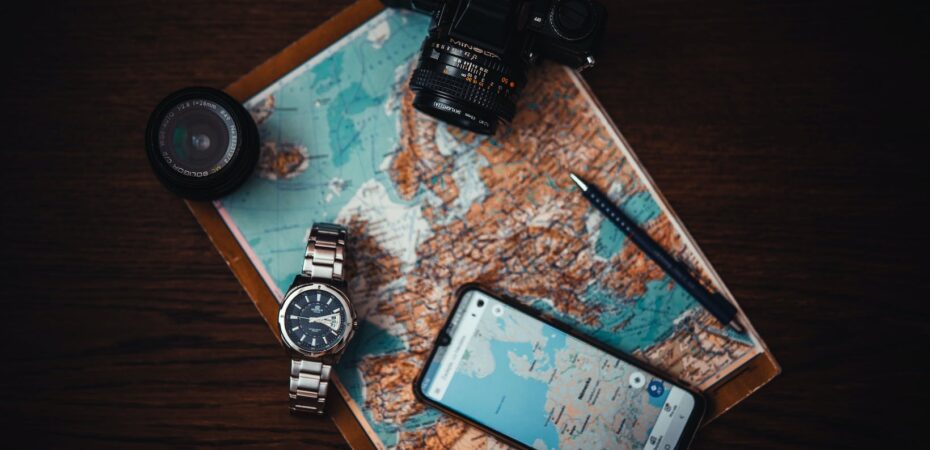As technology evolves, the simple mobile phone has been replaced with a pocket computer – the smartphone. Nowadays you can use your pocket device to search for venues, meal tips, view maps, get sightseeing advice.

According to the Australian Interactive Media Industry Association, as almost half of the mobile phones have data included in their monthly plans, travel-related content is on top of the users requirements. Weather reports, maps, venue listings and other related info are among the most popular apps.
According to Euromonitor International, a global market research company, business travelling was the first to adopt smartphones but leisure travel is quickly catching on.
Europe will have a 92% smartphone penetration in the next 3 years, as more than half of all European travelers will be using their devices for travel related activities, like booking or finding information.
“Mobile travel applications are expected to gain ground thanks to their superior convenience,” the Euromonitor report says.
The key driver in smartphone adoption is the location-based information offered by global positioning systems (GPS) technology. This allows travellers to find time sensitive information, related to their current location, from a hotel to a coffee-house.
Yet as nothing is perfect, smartphone usage when traveling is not entirely hassle-free. The biggest problem with using smartphones for travel purposes is the high roaming charges and relatively short battery life.



 By
By 






